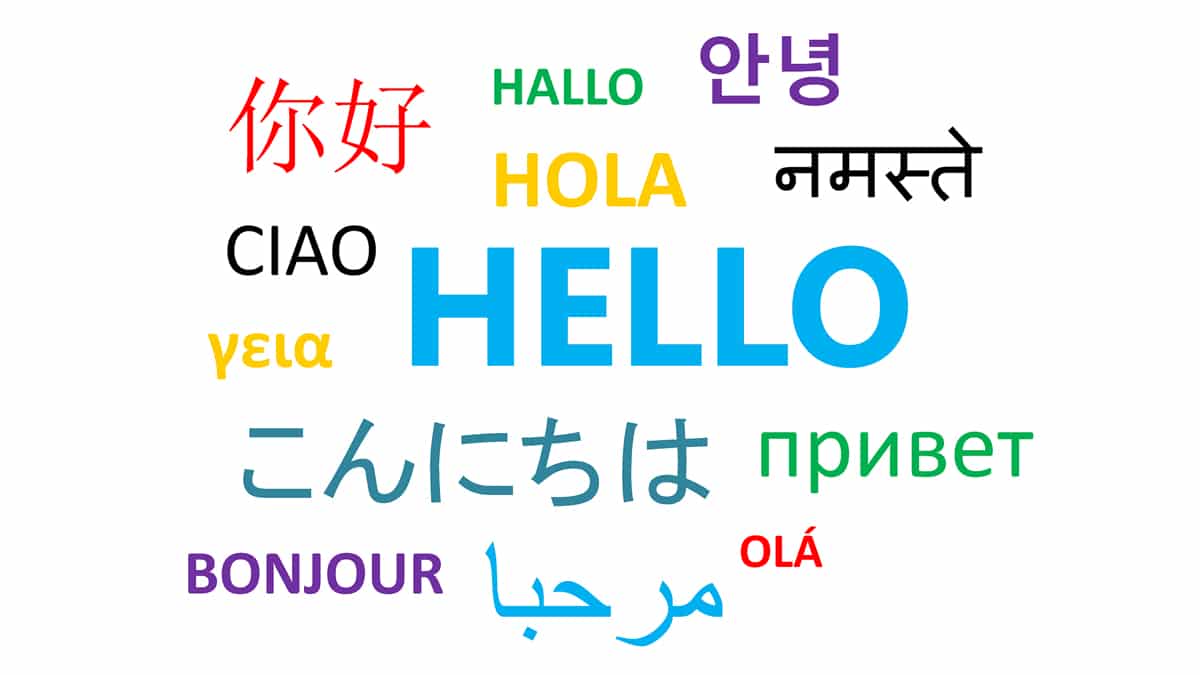
Sr Irma Toneatto, DW
To draw near, to express ourselves, to listen to each other, to look at each other, to know each other, to try to understand each other, to look for points of contact, all this is summarized in the verb “to dialogue”. To meet and help each other, we need to dialogue.
With the pandemic, opportunities to meet outside through dialogue have become infrequent, and when they do occur, they are so brief that they can hardly encourage it.
In the empty streets of our neighborhood, you rarely meet anyone and when you do, they are hidden behind their black or coloured mask, going about their business.
Wondering how to open up to others, I said to myself: I will practice the apostolate of “good morning” and “good evening”, thanking and blessing in my heart those who respond and accepting that I will not receive a response from others.
One evening, passing by a couple – both visually impaired – I greeted them and we exchanged a few words, which were enough to open up a small breach and grasp the openness, the finesse and the positivity of these people.
A few days later, as the weekly Lectio Divina (prayerful reading of the Word of God) meeting was coming to an end, the visually impaired couple arrived and expressed their desire to join the group, saying that they would have been able to participate if only the meeting had taken place later.
After discussing this with the parish priest and the small group of participants, it was decided to change the time of the Mass so that the Lectio Divina could be delayed.
The following week, the couple participated in the meeting; moreover, as the schedule proved more favourable, some other people were added.
The apostolate of “good morning” and “good evening” encouraged openness and flexibility, from which dialogue and encounter emerged.
Image source Pixabay